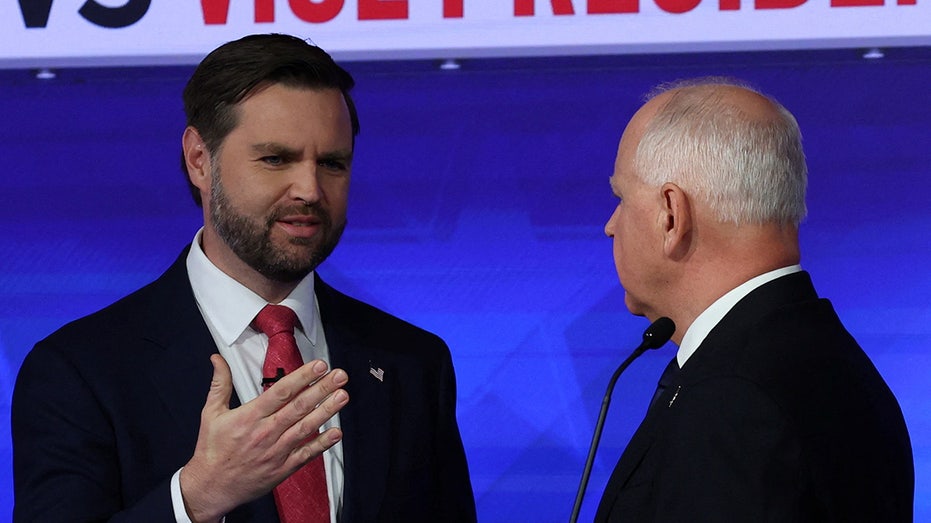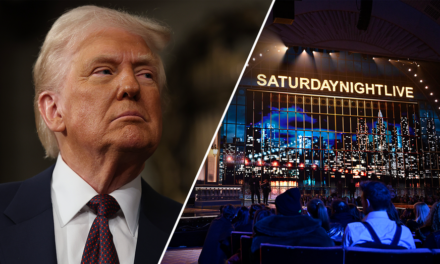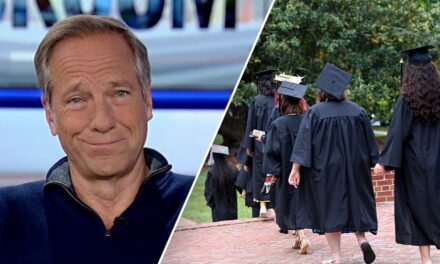In the aftermath of the recent vice-presidential debate, a CBS contributor has criticized the approach taken by Vice President Tim Walz, suggesting that his emphasis on civility was a strategic blunder. The contributor’s assessment calls into question the effectiveness of Walz’s debate strategy in the current polarized political climate.
The debate, which took place under the watchful eyes of millions of Americans, displayed a markedly different tone compared to recent presidential debates. Vice President Walz maintained a composed and courteous demeanor throughout the event, even when faced with contentious topics and pointed accusations from his opponent. While some viewers appreciated his calm approach, others, including the CBS contributor, viewed it as a missed opportunity.
“In today’s political landscape, where boldness often garners more attention than restraint, Vice President Walz’s insistence on civility might have been a miscalculation,” the contributor commented. He pointed out that in an era where loud and aggressive tactics often dominate the narrative, Walz’s demeanor may have failed to capture the necessary momentum and public perception.
Critics argue that Walz’s courteous manner may have come across as weakness and failure to engage assertively on key issues. In the eyes of some voters, this could translate to a lack of passion or conviction, potentially affecting his appeal. The CBS contributor emphasized that while civility is an admirable trait, it might not always be effective in the high-stakes arena of national debates where demonstrating control and a strong stance can be pivotal.
Supporters of Walz, however, have rushed to his defense, stating that his approach provided a much-needed contrast to the often chaotic and aggressive tone that has characterized recent political discourse. They commend his commitment to maintain decorum, arguing that it sets a positive example and aligns with the values of respectful engagement. Still, the question remains whether this approach will resonate with the broader electorate, especially in the face of an opponent ready to exploit any perceived hesitation.
As the election approaches, the debate performance and strategies of the candidates will likely be dissected and analyzed for insights into their potential leadership styles. Walz’s commitment to civility may prove to be a double-edged sword, either bolstering his reputation as a principled leader or positioning him as out of touch with the combative nature of contemporary politics.
The broader implications of this critique extend beyond a single debate, touching on the evolving nature of political strategies amid an increasingly divided society. Whether civility can coexist with effective leadership remains a contentious topic, influenced by shifting public expectations and media narratives.
Only time will tell if Walz’s polite demeanor will pay off at the polls or if the CBS contributor’s perspective will be validated by the election results. Until then, the debate on debate tactics continues, with civility at its center.
































